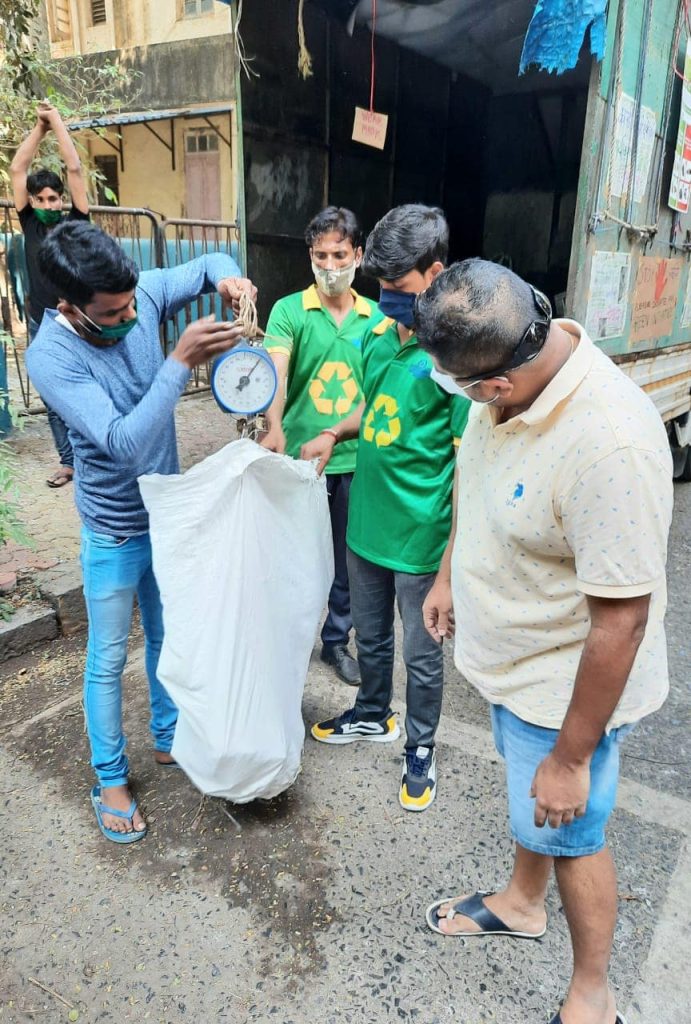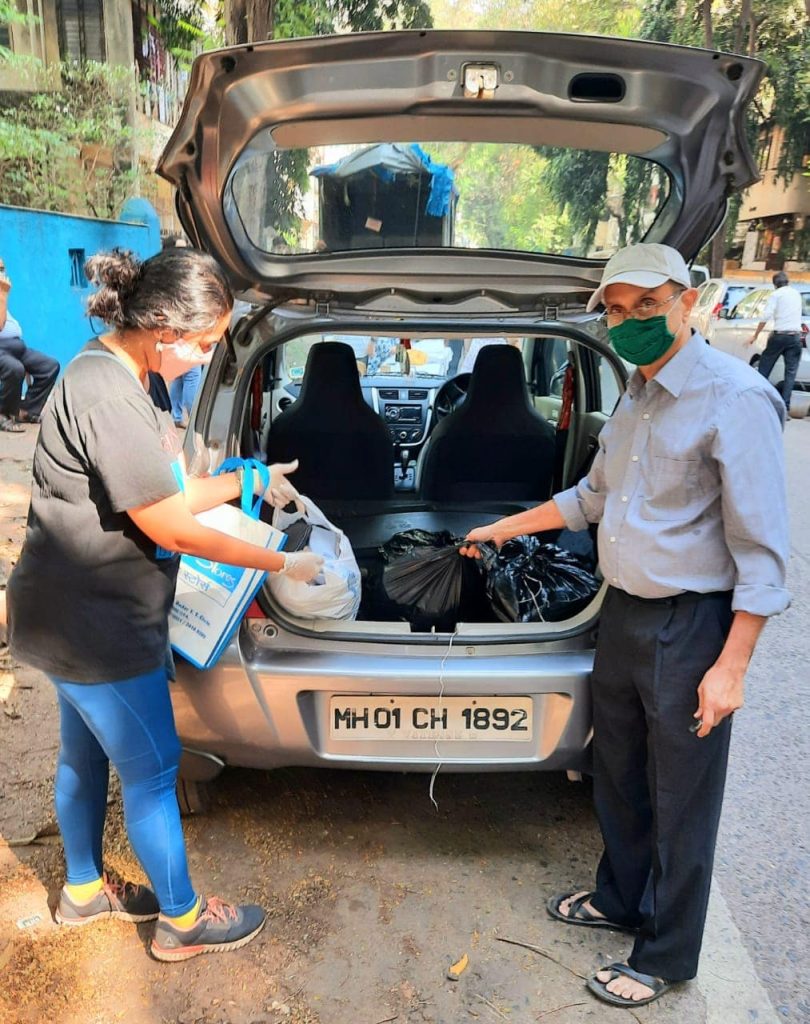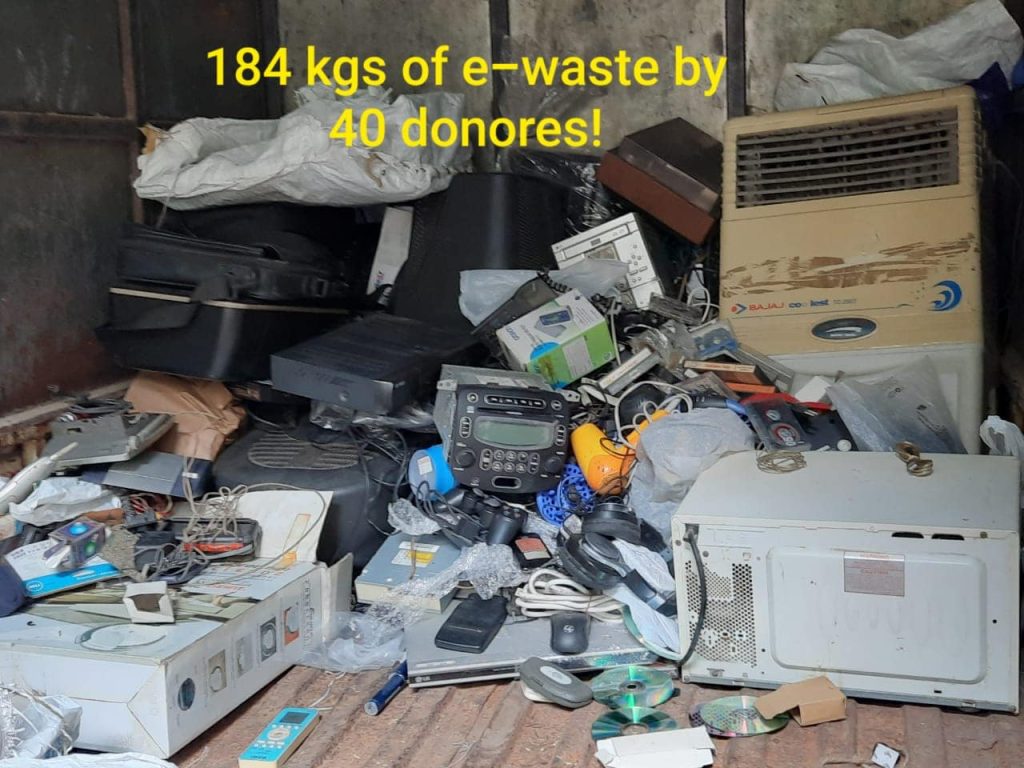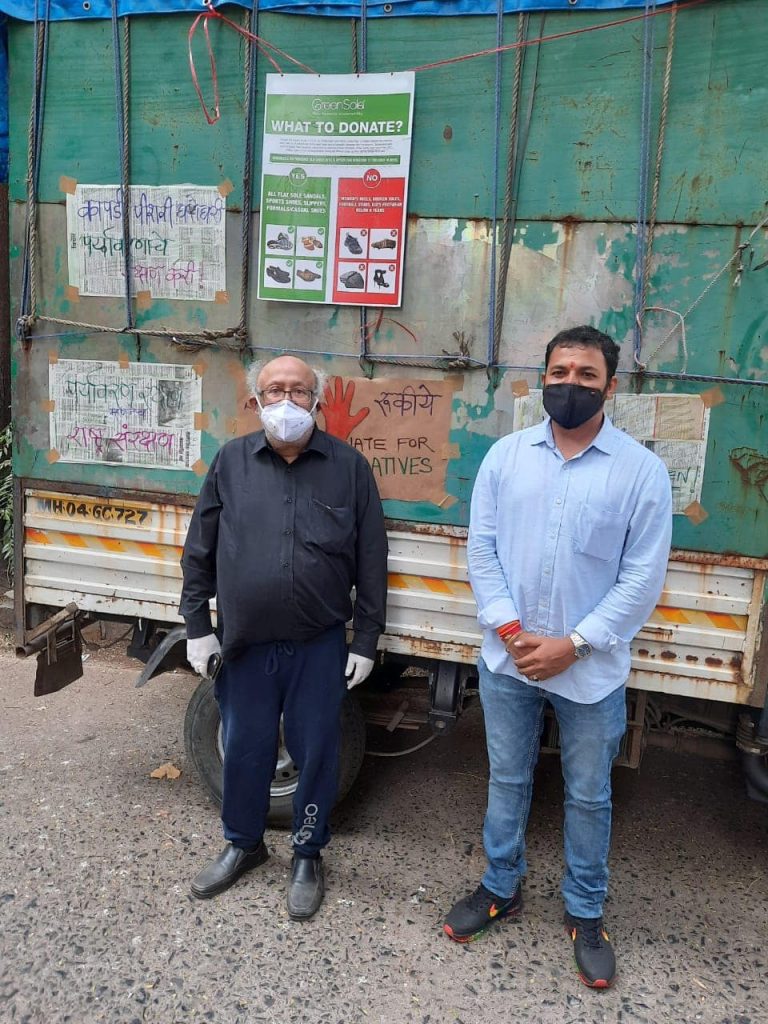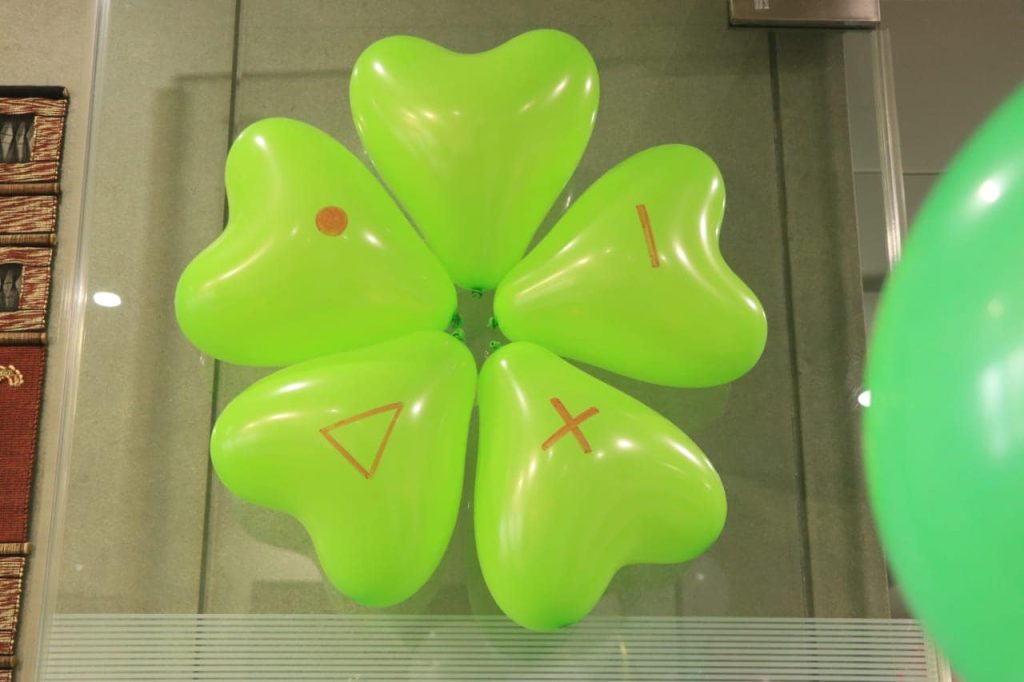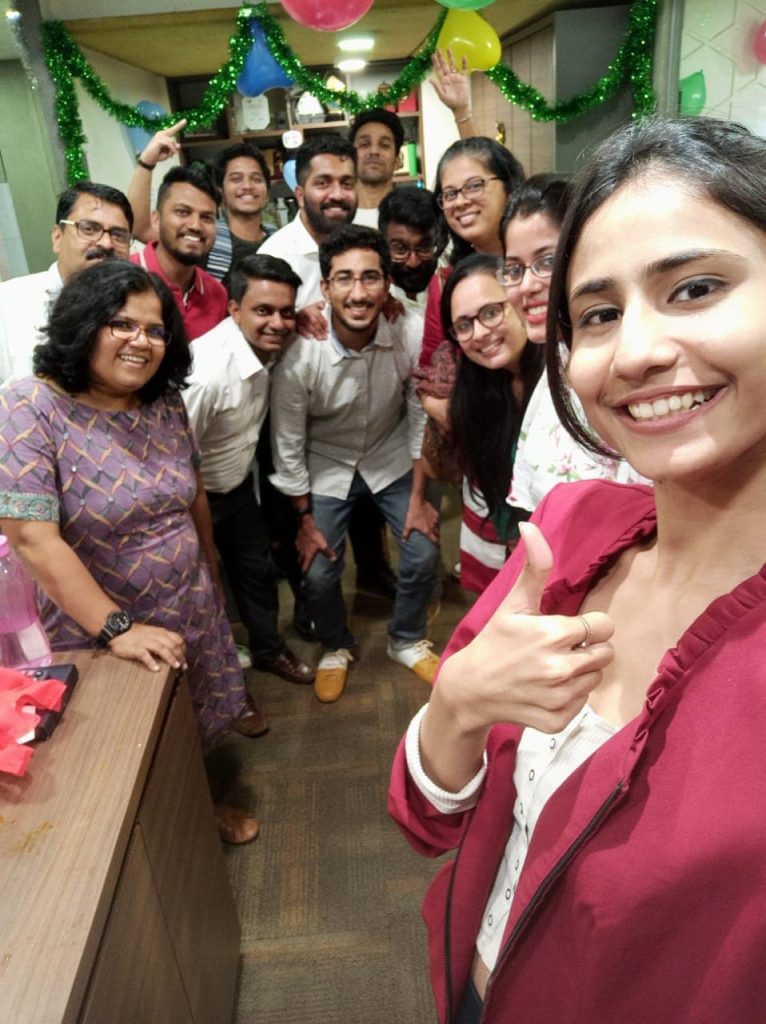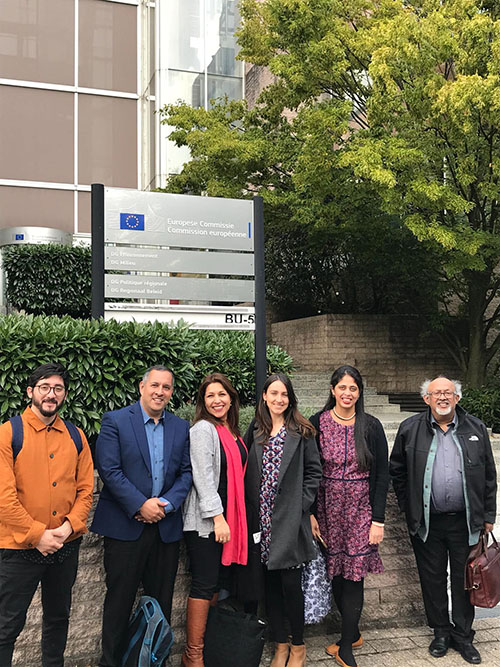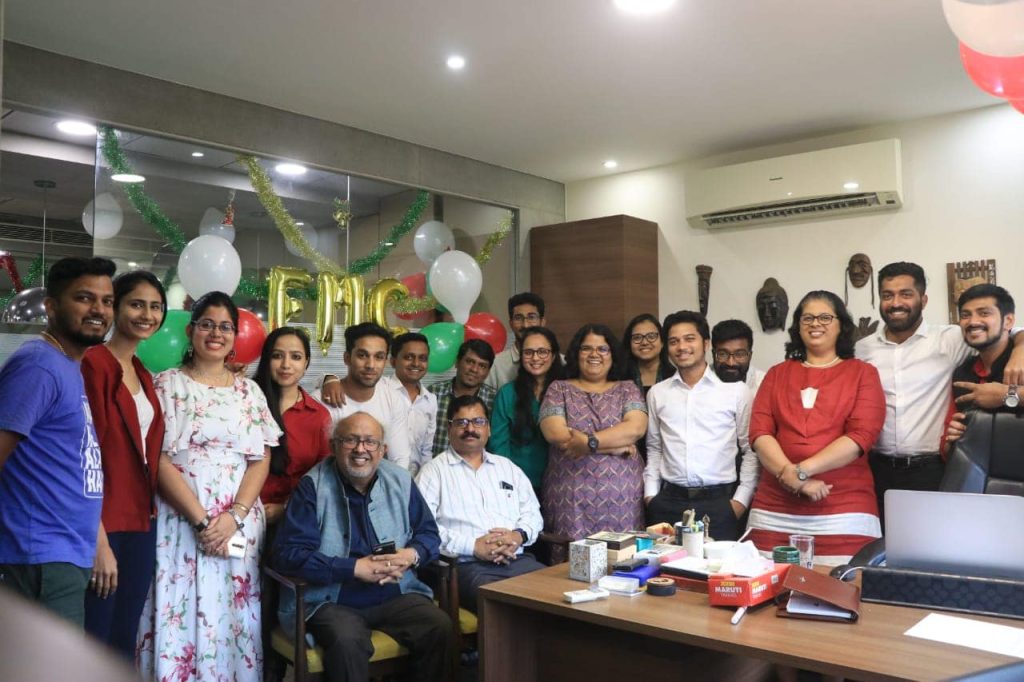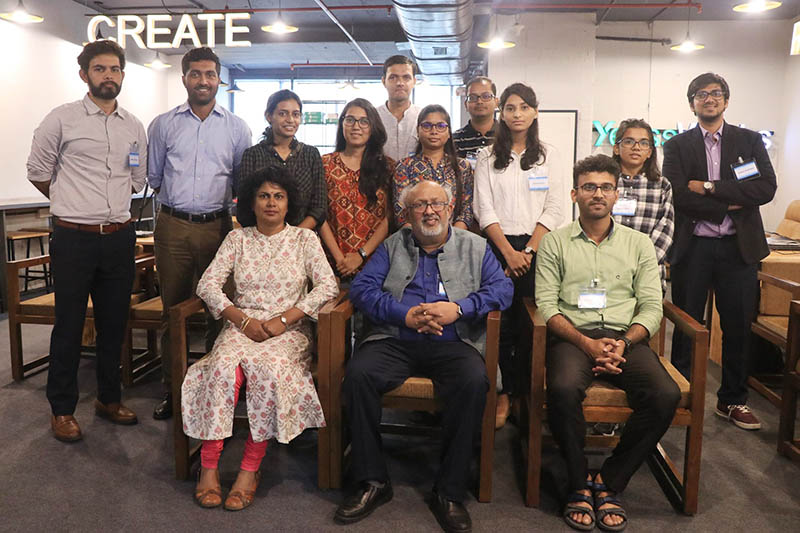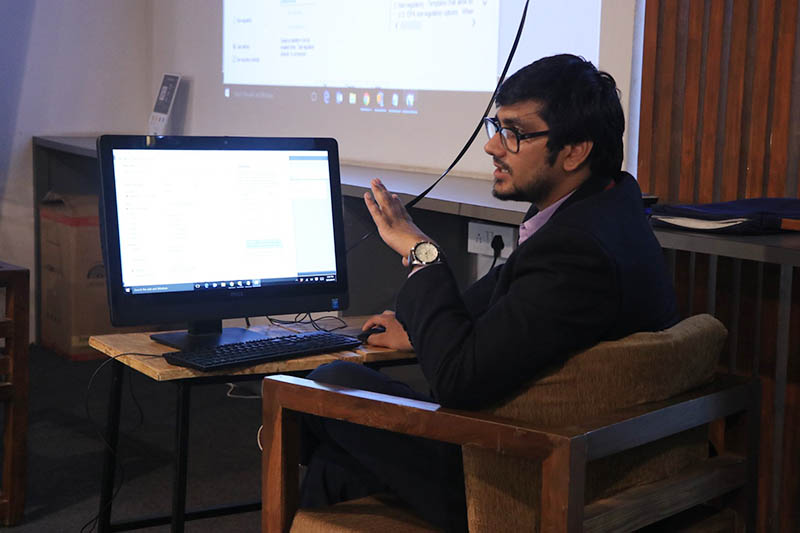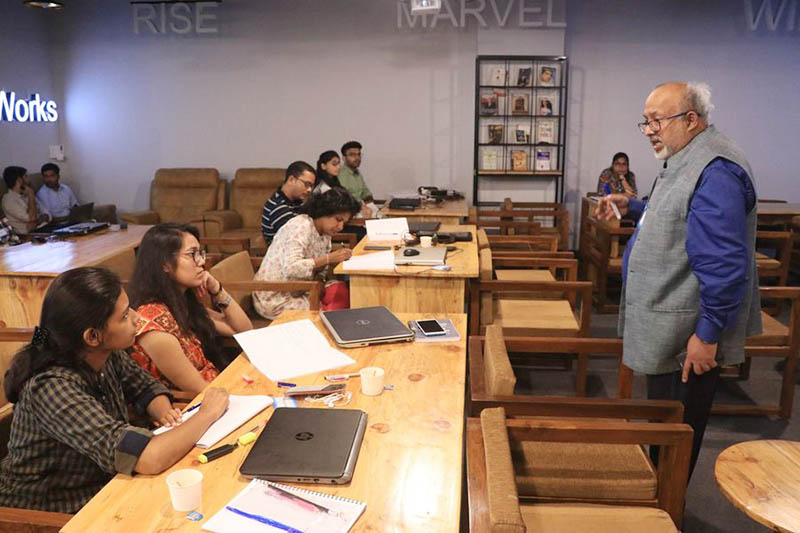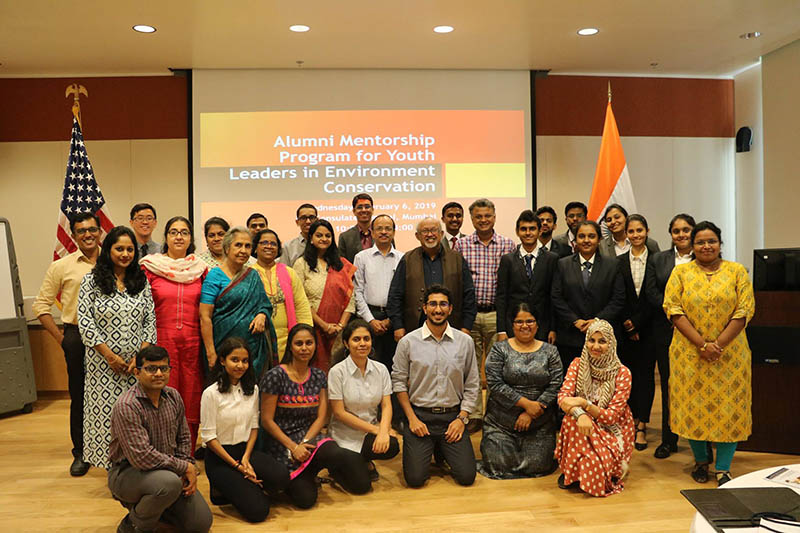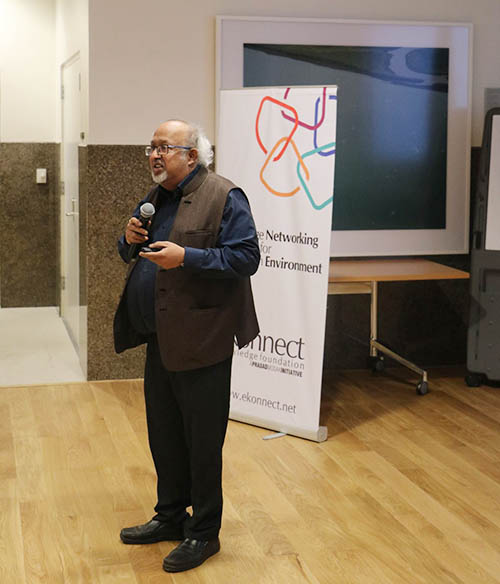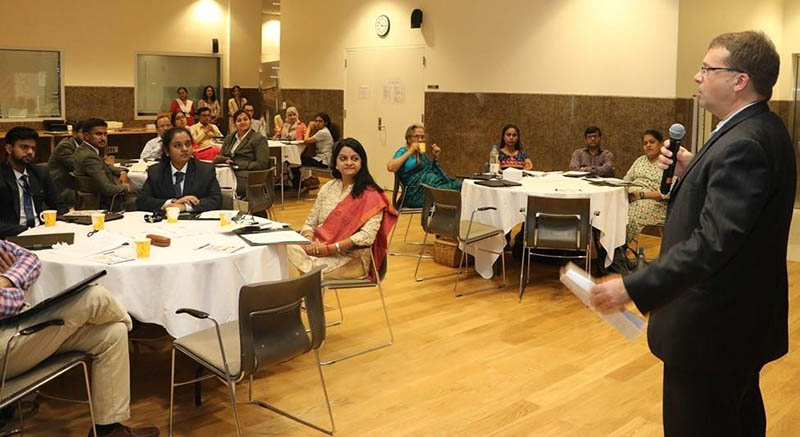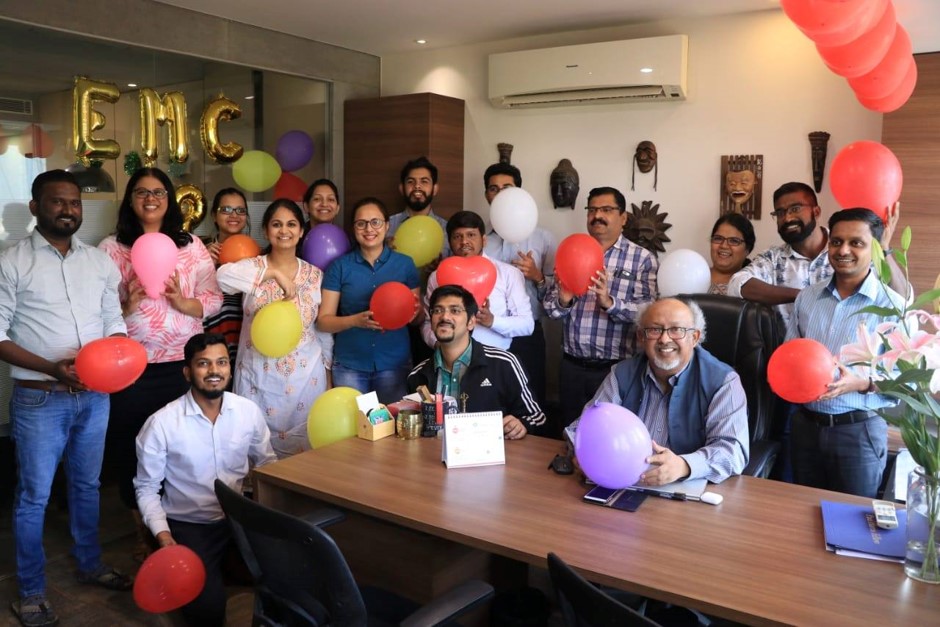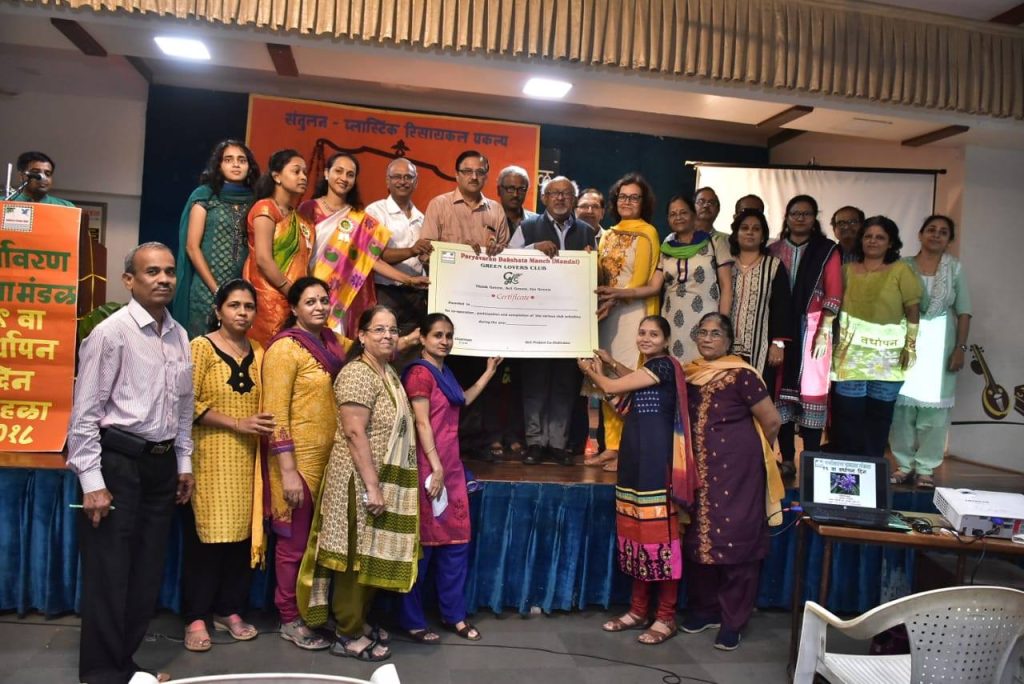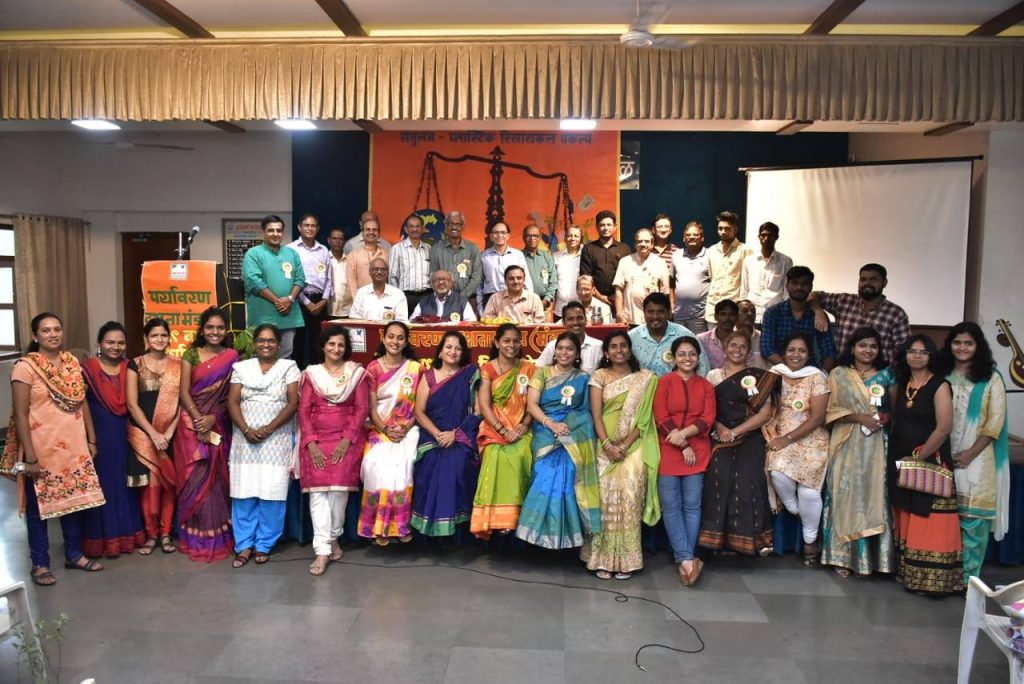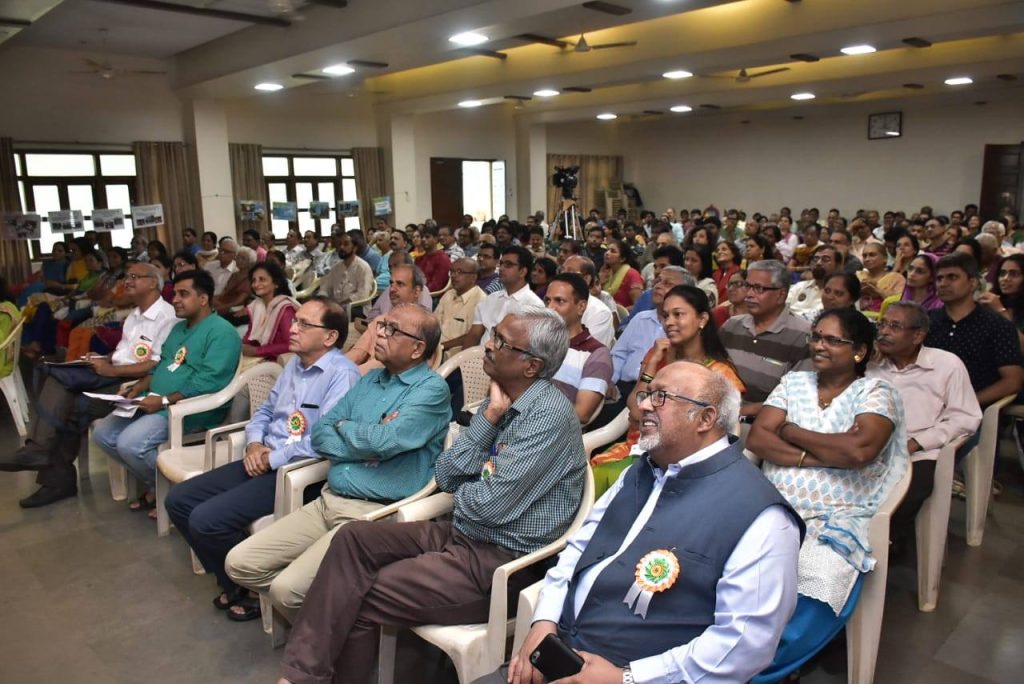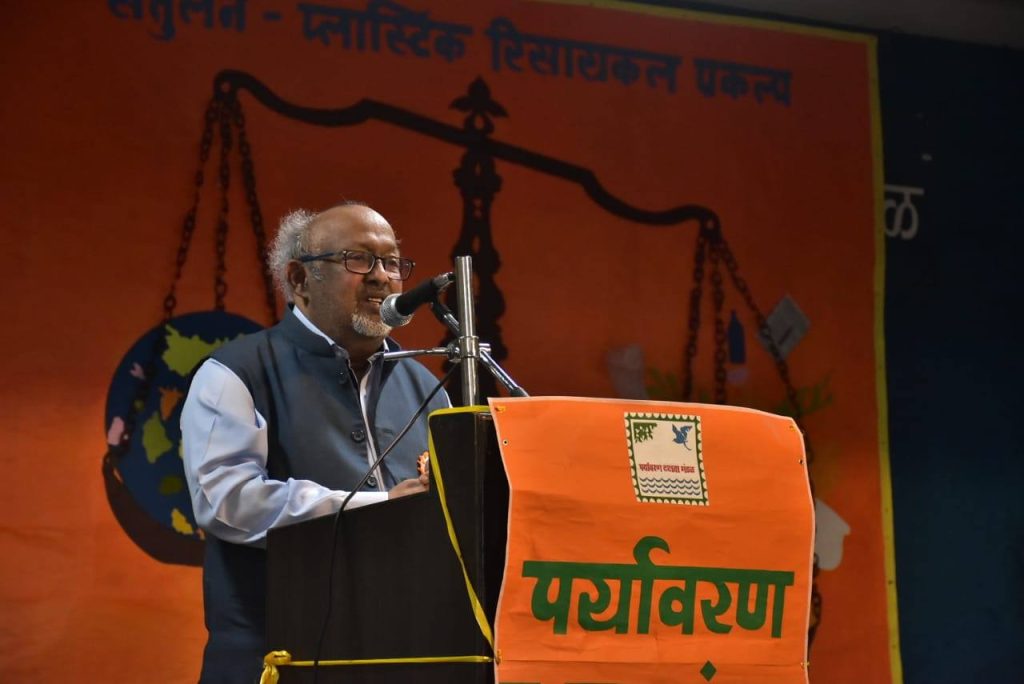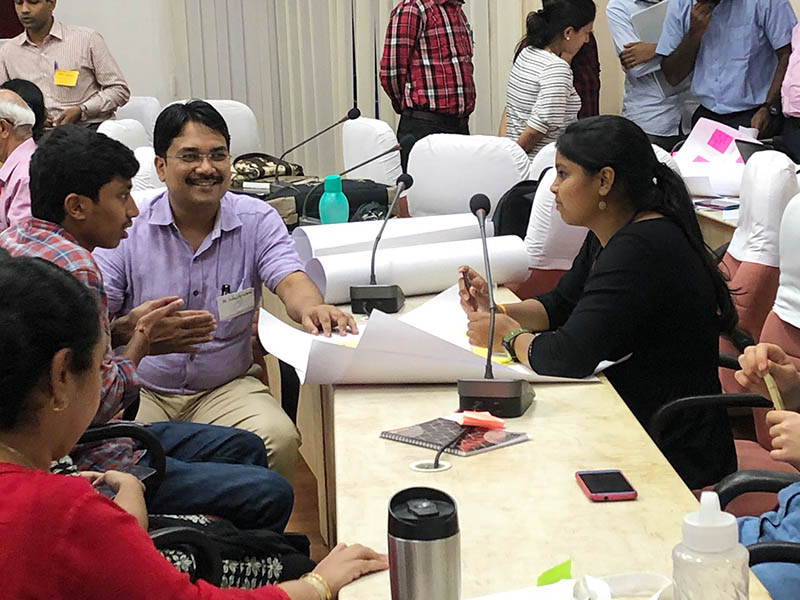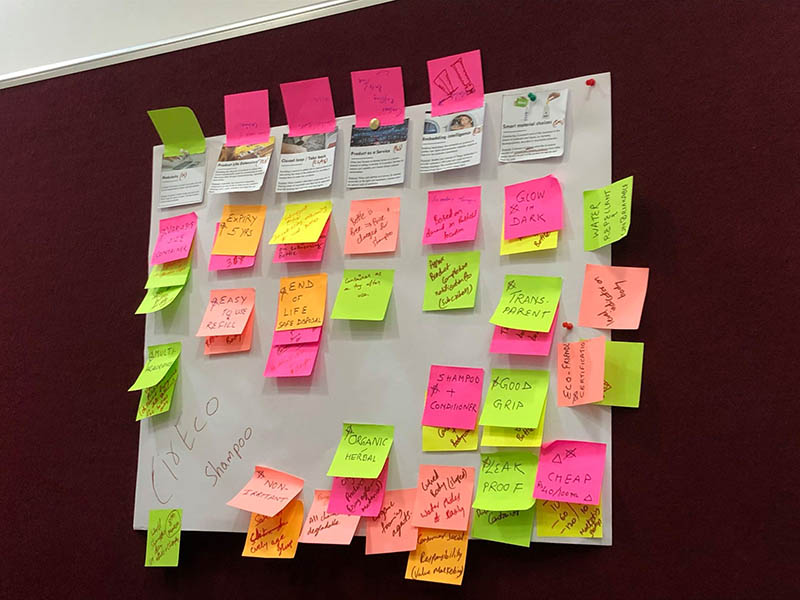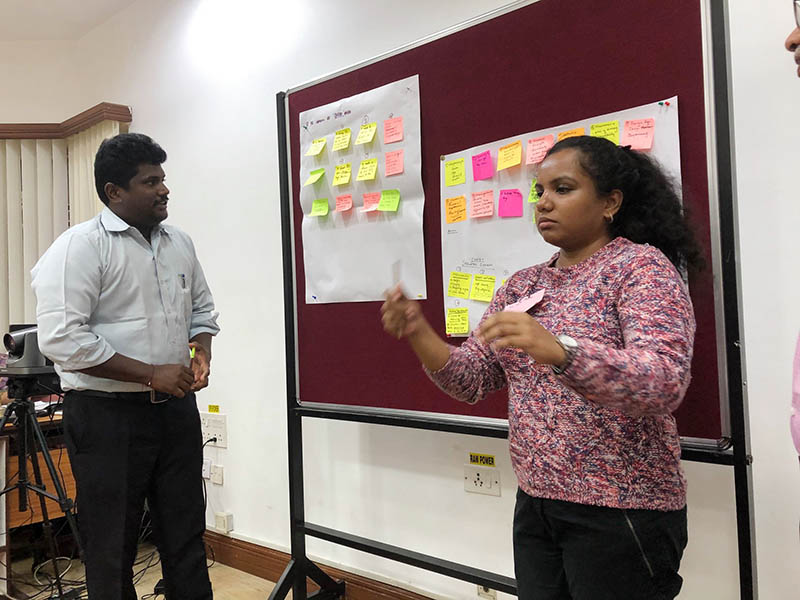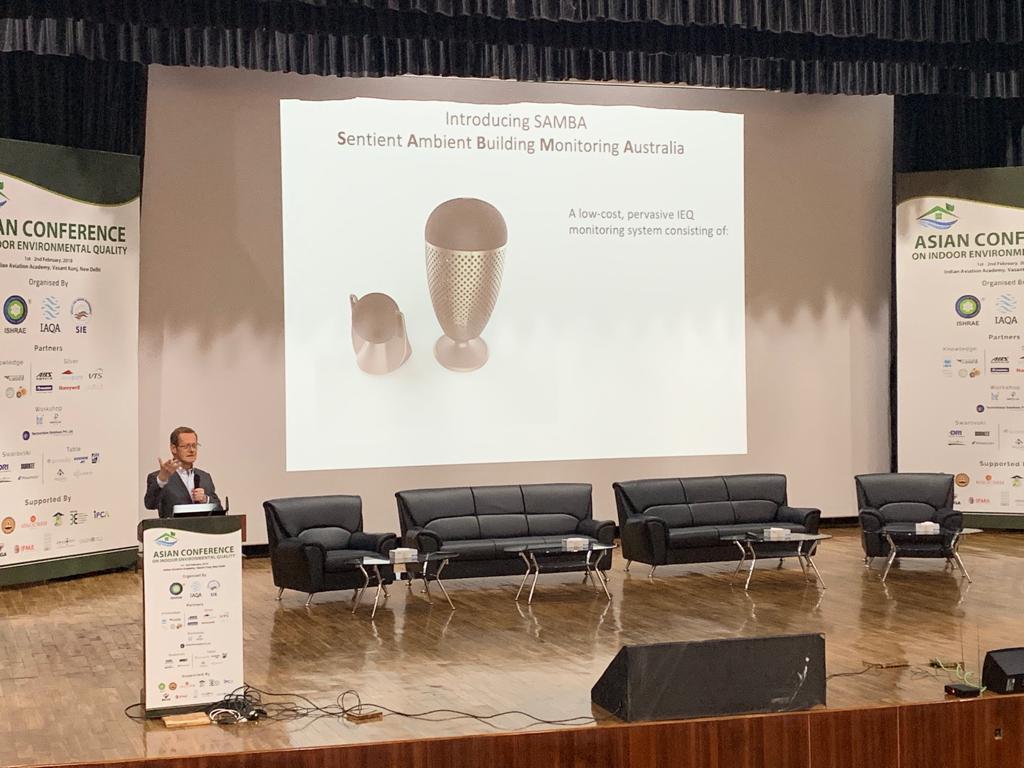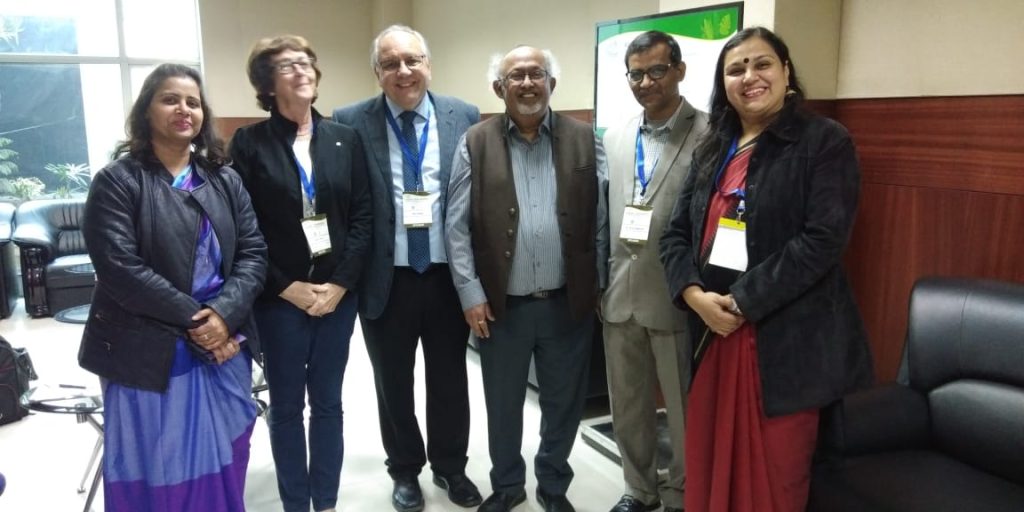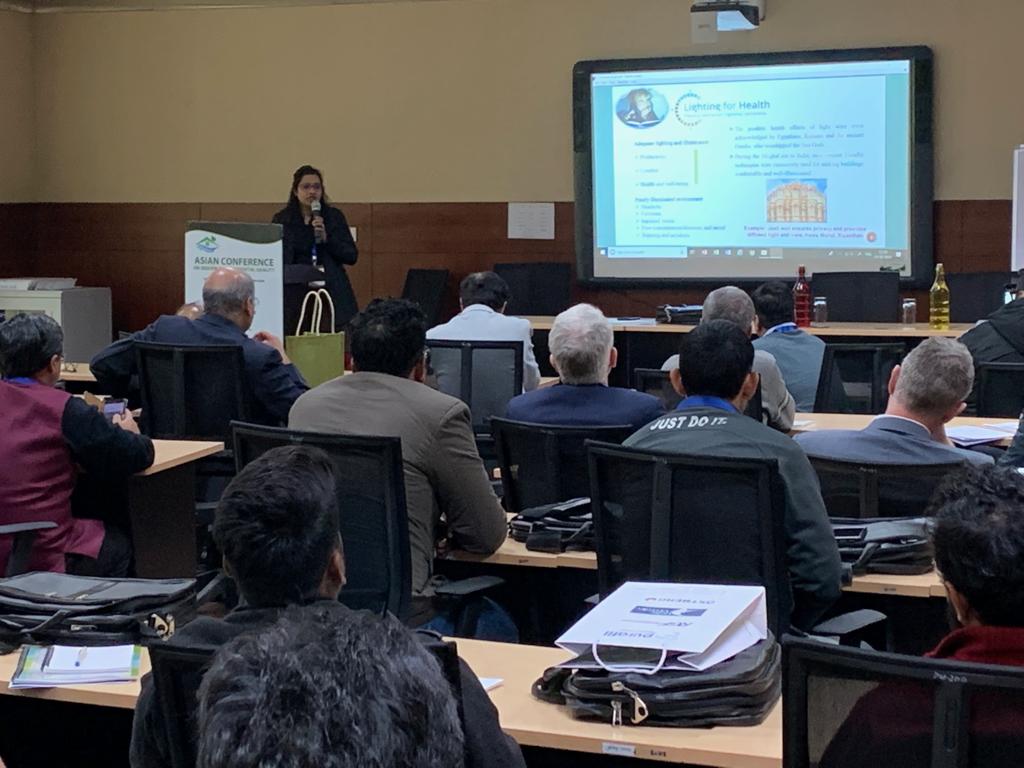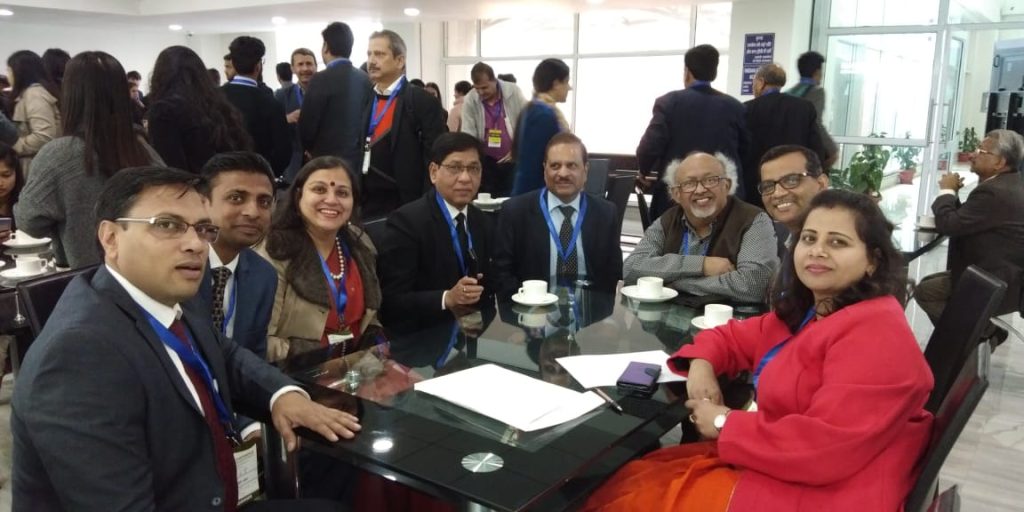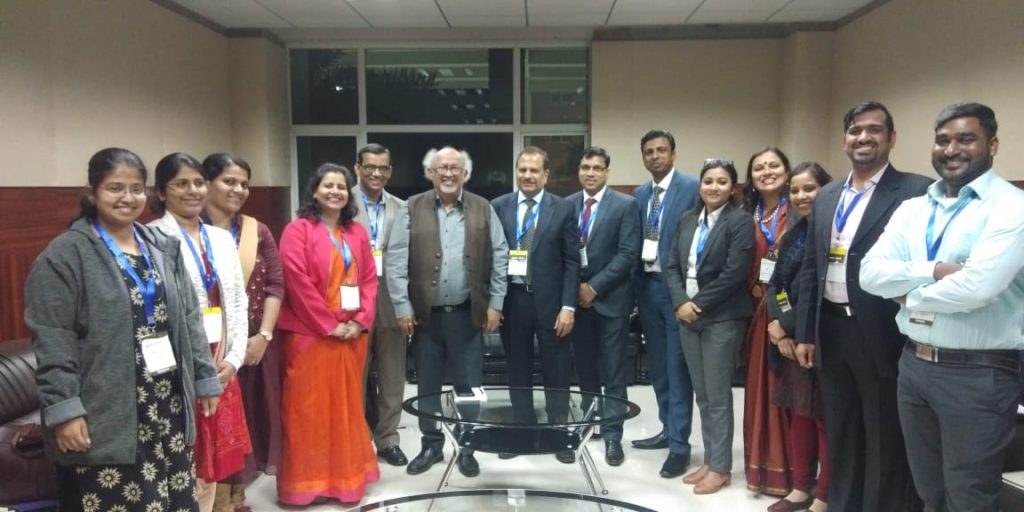Interesting Projects
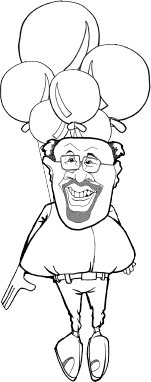
INDIA
- MUMBAI
Donation drive
Residents of Madhali Gulli (middle lane) on Dr M B Raut Road in Shivaji Park in Dadar, Mumbai launched a collection drive on e Waste and used footwear.
We had 40 families who walked in with 184 kg of e waste and 300 pairs of discarded footwear in just one and a half hours ! And on just 3 days of campaigning !!
Agencies who supported were Recyclekaro and Greensole
I analysed individual data and came up with estimate of 3 to 4 kg of e waste and 10 to 15 pairs of discarded footwear “stocked” by a family of four. All this waste if not recycled or intercepted will reach the city landfill, one day.
If there is a good incentive model and a regular collection drive then in Mumbai alone we should expect 10 million kg of ewaste that is ready for recirculation. This circular economy can support a huge business for component reselling, plastic recycling and precious metal recovery. Apart from generating employment, these collection drives will help in diverting waste to landfill, reduce risks to us and the ecosystems and avoid extraction of virgin resources – especially metals.
My data is for middle income group families and of people who donated e waste for the first time.
Please carry out such collection drives in partnership with responsible and authorised recyclers in your neighbourhoods and on a regular basis.
Document the “meta data” for interpretation eg family size and info on when was the last time the e waste and discarded footwear were donated etc. Share the data to the society to make them aware how recklessly we consume electronics and footwear. This may influence them towards “lean consumption” and prefer buying refurbished electronics and footwear.
- MUMBAI
Celebrating 24 years of EMC
On this day, we celebrated EMC’s 24 years of strategic consulting. It was in 1996 that we formulated our mission statement – Practicing Sustainability to the Advantage of All – when sustainability was not the buzz word as today.
We have been shy and rather modest somewhat although we belted around 600 projects in our journey – in India and Overseas. Many of these projects were “first of kind” that led to policy reforms, sustainable investments and capacity building. We were fortunate to have several committed and skilled experts on our team and enjoyed support of several partner institutions.
But this was a day of fun, reminiscing experiences at EMC and sharing of the Santa gifts. I was astonished to see so much positive energy! These young professionals at EMC is my hope and this is the spirit that keeps me going.
- MUMBAI
Training program on Air Quality Modelling
Ekonnect Knowledge Foundation conducted a 2 days hands on training program on Air Quality Modelling with BREEZE AERMOD on September 24 & 25 in Mumbai.
The participants spent nearly 50% of the time in practicing with AERMOD and developing air quality action plan for managing air emissions in a city. Such application oriented training was much appreciated by the participants.
- MUMBAI
Mentorship Program for Youth in Environment Conservation
Ekonnect Knowledge Foundation under the support extended by the US Consulate in Mumbai launched on February 6, 2019 an Alumni Mentorship Program for Youth in Environment Conservation.
This was a unique program where mentors helped team of students across shortlisted colleges to implement innovative projects for environment conservation. The student teams were coached through a series of workshops organized by Ekonnect to help build the implementation plans starting from the initial concept.
The coaching was over 6 months followed by 3 months period for project implementation. Five teams were selected under this program. Three best teams were provided financial support for project implementation.
For companies obligated to implement CSR, such a program is worth supporting. It helps build not just capacities at the academia but also help to link “research” with “practice” and discover innovations. If made concurrent to the masters program in environmental science/engineering then the program will greatly add value. Ekonnect Knowledge Foundation proposes to replicate and scale up this program at the State/National levels.
- MUMBAI
Celebrating 23 years of EMC
On January 4, 2019 we celebrated 23 years of Environmental Management Centre LLP (EMC)
Time passes by.
Since inception, we completed close to 500 projects, with around 50% of the projects overseas.
We worked with the Governments, Industry, Financing Institutions and Community based Organizations. We partnered with research institutions, academia and chambers of commerce. We have not yet learned how to be a hard commercial organization!
In this period, about 100 people worked with us, some had longer stay and some short. But all are today part of EMC’s “Alumni network”. We continue to be friends.
We could nurture around 90 interns who are today well established environmental professionals working/researching in India and across the world. That is a great satisfaction to me.
I sometimes wonder however about what did we achieve? Me, personally and EMC as a Team?
How many of our studies and recommendations saw action, brought about the change, inspired and built capacities of institutions so that we could make a difference? I think we did do our tiny bit. But we couldn’t achieve as much as we aspired.
We need to work much more and together. There is so much to be done – especially if you want to do something meaningful. We have to follow our mission statement “Practicing Sustainability to the Advantage of All”.
Companies should not be valued by the turnovers they make – but the innovation they lead to, social impact they produce and leadership they demonstrate to inspire others. If you agree to what I say then we have a long way to go.
But its the happiness that counts.
People should be happy when they work together.
Picture below shows it all.
- MUMBAI
Anniversary function of Paryavaran Dakshata Mandal
I attended the anniversary function of the “Paryavaran Dakshata Mandal”, a well known environmental NGO in Thane. There was a light drizzle and yet there were nearly 200 enthusiasts present.
When Prof Walavalkar unfolded the profile of projects carried out by the Mandal, I was very impressed. It was extremely pleasing to learn about the projects and the outcomes. There was a positive vibe that we usually do not get –as all our “breaking news” of the day makes us sad and depressed. This event charged my batteries and made me optimistic. Oh, there is still some hope, I said to myself.
And it was a great pleasure to listen to Hon Justice Abhay Oak. Hon Justice gave his interpretation of India’s constitution, citizens’ rights and importantly the responsibilities in the context of environment.
I spoke on Participatory Environmental Governance. I was a bit tensed as the speech had to be in Marathi. Marathi is my mother tongue and I used to debate pretty well in my school days and had won prizes too. But this time, I wasn’t sure whether I could do this, especially when there were fluent deliveries in Marathi by other speakers on the dais.
But when I stood up and started to speak – magic happened, and I realized that I easily could! After 30 minutes of my discourse, few participants met me. They said that I was good!!
I really felt at home.
I was happy to rediscover myself.
- CHENNAI
Winter School on Circular Economy
India’s first Winter School on Circular Economy was conducted at the campus of IIT Madras. We got 50 participants representing students and professionals pan India.
The School was organized by Ekonnect Knowledge Foundation that I run, in partnership with IIT Madras and Madras Chamber of Commerce and Industries
We had presentations from several eminent speakers, interactive sessions including group work and field visits.
On day 1, we did group work on “design thinking”. Six teams worked on six different products such as cutlery, chair, mobile phone, floor cleaning liquid, shampoo and a packet of potato chips. The groups played role of customer and product designer and used the six principles of circular strategy.
The result was astonishing. Each group presented their circular product design and came up with innovative ideas on sourcing, manufacturing, distribution and take back including embedding smart technologies.
There was so much of creativity and enthusiasm! It gave me a hope and a such a positive energy. On day 2, a debate was conducted on “Will Resource Efficiency ensure Resource Sufficiency?”.
- NEW DELHI
Asian Conference on Indoor Environmental Quality
The first edition of the Asian Conference on Indoor Environmental Quality took place in Delhi on February 1-2, 2019. The Conference had a participation of 300 delegates with around 40 presentations in the plenary and in three parallel sessions. Topics such as indoor air quality & health, ventilation and thermal comfort and illumination were discussed.
The Conference was a collaborative effort between ISHRAE, IAQA and Society for Indoor Environment (SIE). International experts from the United States, Italy and Australia participated.
India does not have indoor air quality standards. The outdoor air quality in populated cities is poor. Air purifiers are in the market with no third party certification or independent assessment.
Indoor air quality is difficult to regulate. It requires a normative approach by bringing together architects, HVAC manufacturers, paint, fabric and furniture makers, health specialists. We need to build awareness to understand the risks due to impaired indoor environment where we spend more than 80% of our time. Indoor environment in the kitchens in slums and rural areas is a topic that merits separate attention where women, elderly and children are affected due to poor quality fuel and bad ventilation.
This conference provided a great platform to commence a dialogue, share experiences and network. The next edition of the Conference will be in Feb 2021 in Delhi with lead from ISHRAE. Sharing a few pictures with speakers and SIE team.
